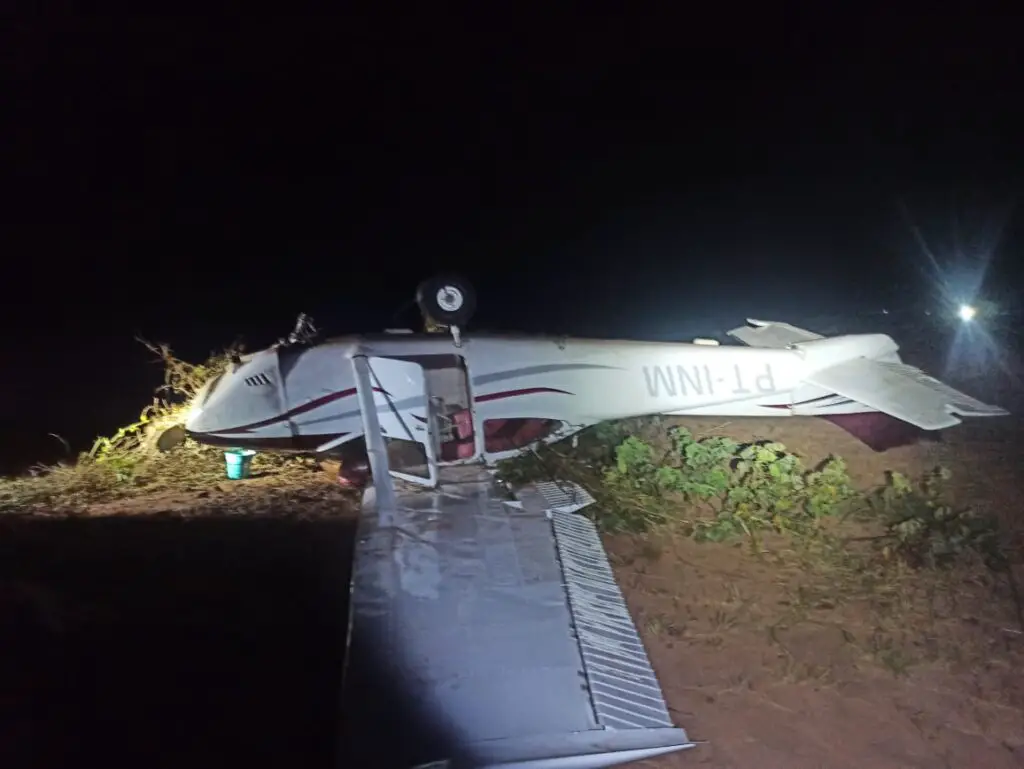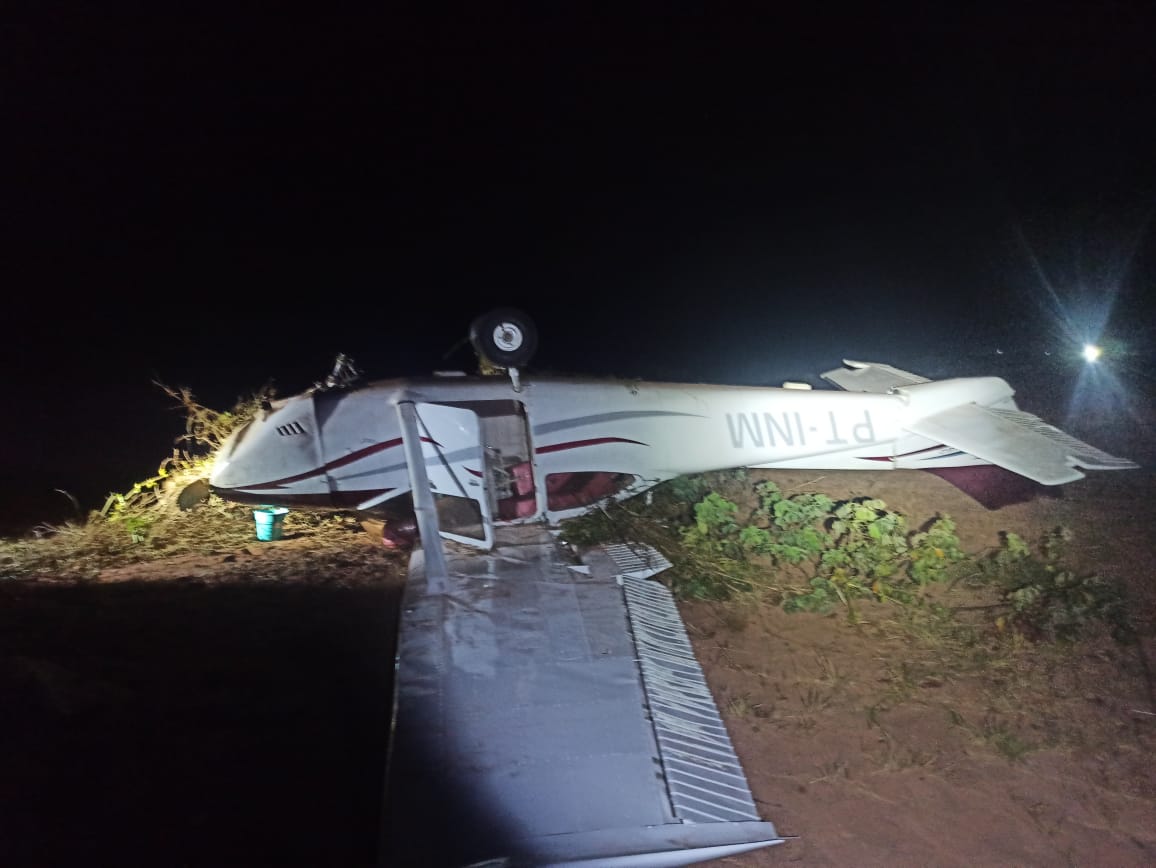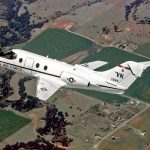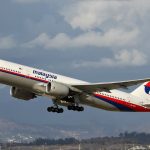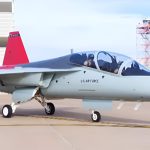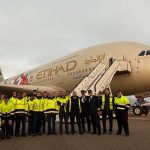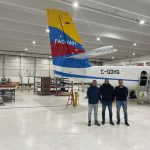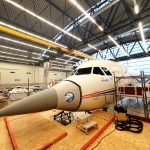Yesterday, the Brazilian Air Force (FAB) intercepted a plane that entered its airspace illegally, carrying 200 kilos of cocaine hydrochloride.
In its press release, the FAB informs that the interception took place around 19hs (Brasilia time) on Tuesday 7, when a small aircraft was detected entering Brazilian airspace, without authorization, in the north of the state of Mato Grosso.
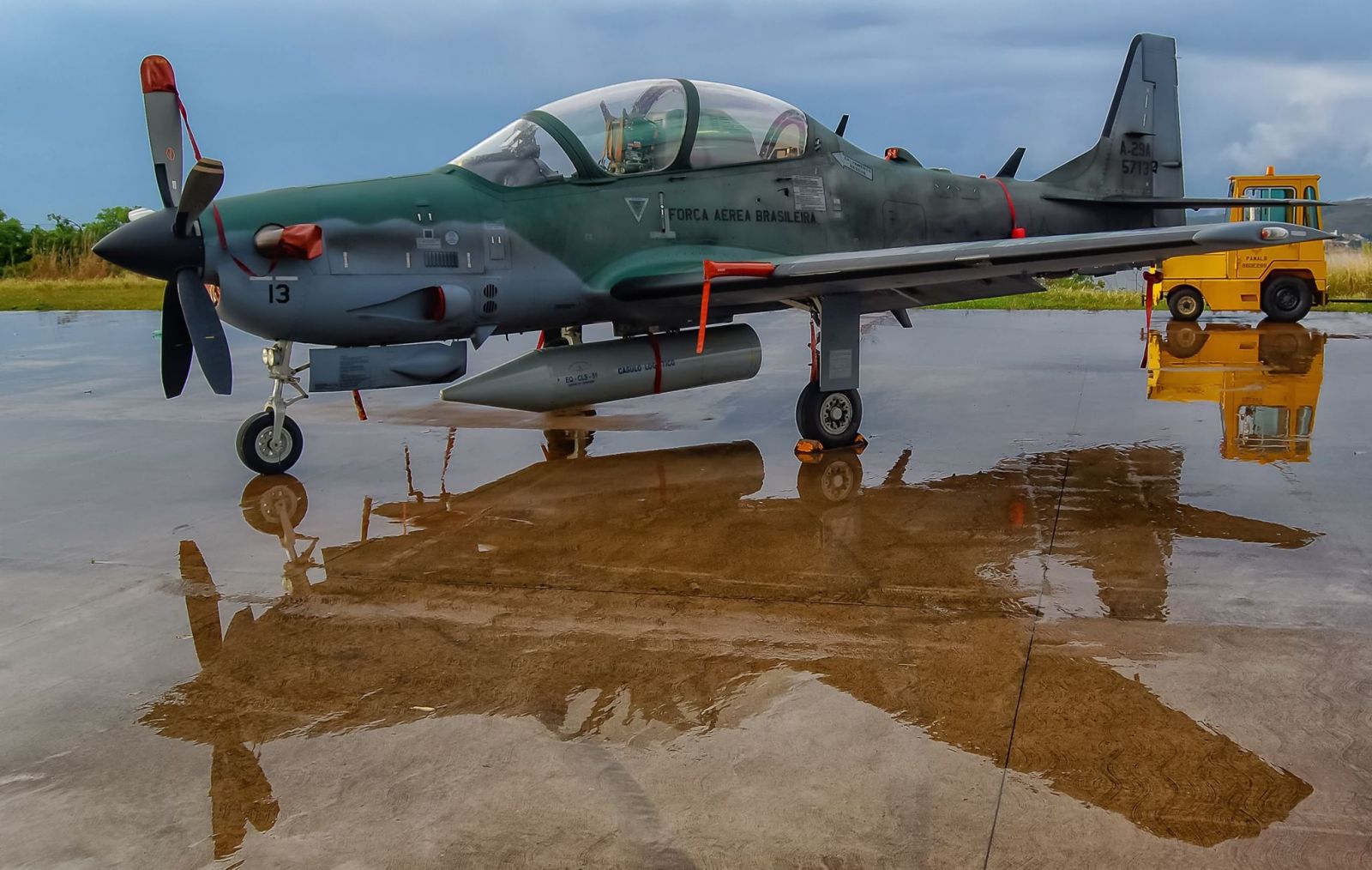
For the operation, 2 Embraer A-29 Super Tucano aircraft (from the Arrow and Griffin squadrons) and an E-99 (recently modernized) airborne early warning and control (AEW&C) aircraft were deployed to monitor the aircraft and supervise the interception.
It is indicated that the FAB pilots followed all the protocols dictated on Brazilian and international laws, questioning the pilot of the aircraft by radio communication, but without obtaining any response. At that point, the aircraft was classified as suspicious.

FAB pilots then ordered a route change and mandatory landing at a specific airfield, but the pilot of the intercepted aircraft refused to comply. At that point, the air defense command ordered the A-29 to fire warning shots. Even so, the aircraft refused to return the way it came, so it was decided to change the designation of the flight form suspicious to hostile, and the «holding fire procedures» were carried out.
After the theese shots, the aircraft, which had no flight plan and entered Brazilian airspace through the Bolivian border, made a forced landing in the north of the state of Mato Grosso. Thereafter, the Federal Police took over the ground control measures (MCS). The pilot fled before the arrival of the police and more than 200 kilos (440 pounds) of cocaine hydrochloride were found in the aircraft.
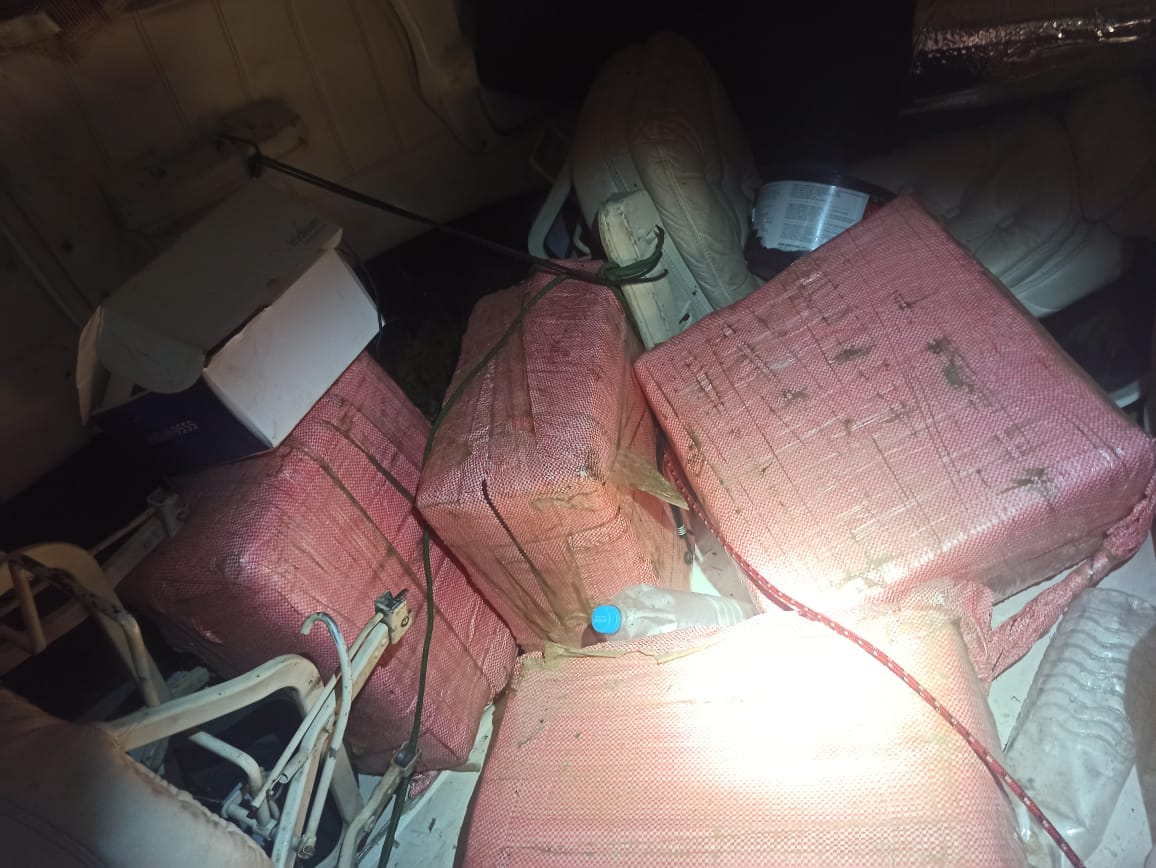
According to the Aerospace Operations Command (COMAE), radars identified the aircraft entering Brazilian airspace without authorization or flight plan. The pilot had multiple opportunities to contact the Brazilian air traffic control agencies, but failed to comply with any of the air-policing measures taken and, therefore, considered hostile.
The action is part of Operation Ostium to curb cross-border illegalities, in which the Brazilian Air Force and the Federal Police operate jointly, and was supported by the Special Border Group (GEFRON)/MT, the Integrated Air Operations Center (CIOPAER)/MT and the Military Police of the states of Mato Grosso and Mato Grosso do Sul.
The aircraft used to carry out this frustrated drug flight, is a Cessna C182, registration PT-INM, which was reported stolen in July 2019 by its previous owner, businessman Claudionor Andrade, 54 years old.

